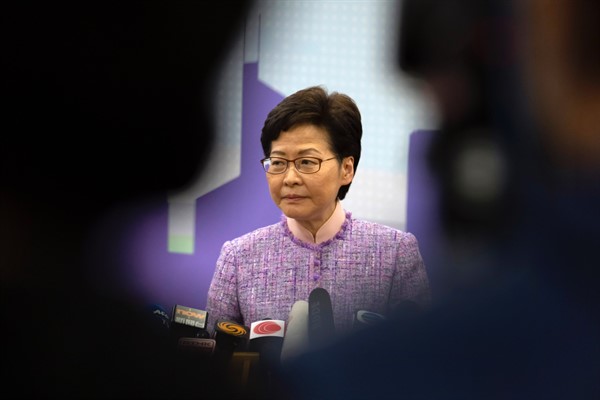A record low 30 percent of the Hong Kong electorate voted in Sunday’s legislative elections, the first to be held since Beijing’s overhaul of the city’s electoral system to ensure that only “patriots” can run for public office there. The dramatic drop in voter turnout—as compared with 57 percent in the previous city-wide elections in 2016 and a record 71 percent in district council elections in 2019—reflects the “silent opposition” of the people of Hong Kong to the electoral changes, many activists in exile said.
Described by the Hong Kong government as “improvements” over the previous system, the revamped rules curtailed the democratic legitimacy of the elections in a number of ways. A stringent vetting system overseen by senior government officials and advised by the national security police was implemented in order to screen out candidates deemed to be insufficiently loyal to China. Compared to previous elections, where half of the legislators were directly elected, only 20 out of 90 seats were directly elected this time, with the rest handpicked by reliably pro-Beijing committees.
Having already criminalized organized protests, authorities in Hong Kong took further unprecedented steps to silence critics of the new rules in the runup to Sunday’s elections. A local court issued arrest warrants for seven exiled activists and former politicians for urging people to boycott the polls or to cast invalid ballots as a protest vote, while the city’s anti-graft agency arrested 10 people on charges of incitement for allegedly sharing social media posts by exiled politicians urging Hong Kongers to boycott the polls.

